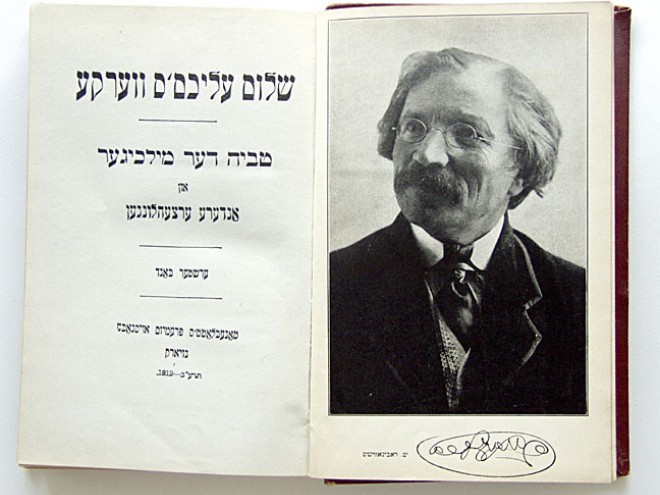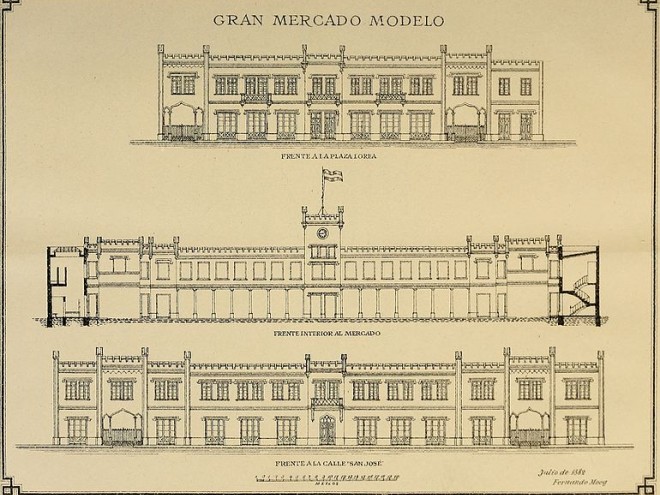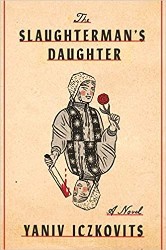Even those who consider themselves well-versed in Jewish history will feel surprised — even horrified — by the story told in Talia Carner’s new novel, The Third Daughter. Set in the late nineteenth century, it tells of a Jewish-run syndicate who systematically kidnapped young women from Eastern Europe for the purpose of selling them as prostitutes in Buenos Aires.
Carefully researched and meticulously novelized, Carner tells the story of Batya, the third of many daughters of a struggling Russian milkman. Batya’s two older sisters have already gone astray — one married a revolutionary and the other, a gentile. Existence is uncertain, and pogroms regularly decimate entire shtetls. Echoes of “Fiddler on the Roof” are unavoidable, but the parallels stop when Batya, at fourteen, catches the eye of what seems to be a rich, eligible man from “America.” Smooth and redolent with cologne, he promises Batya’s father that he will marry her when she is sixteen — meanwhile keeping her safe with his sister. The patriarch imagines a gilded world in which his daughter will ride in carriages and dine on fine china. Little does he know that there are will be no marriages or carriages. Instead, young Batya (and thousands like her) will be raped within days of kissing her mameh and tateh goodbye, and that her suitor’s “sister” runs an Argentinian whorehouse in which Batya will be enslaved.
Carner, the author of Jerusalem Maiden, is adept at illuminating the injustices that women, especially Jewish women, are subjected to. Those in this novel are raped, caged, and paraded naked in front of buyers. Used until they are no longer useful, they are then abandoned to the streets. Religious men in caftans are often responsible (indeed, “caftan” — the gabardine coat of Chassidim — became a synonym for “pimp”). Clients, too, are often Jewish, many of them young Orthodox men, forbidden from having sex before marriage.
This business model must have seemed like a golden opportunity. It solved many problems —instead of living as vulnerable Jews in the Old World, these entrepreneurs thrived in a new world with a ten-to-one male to female ratio. Instead of scrounging for bread, they were blessed with a limitless supply of assets. And though looked down upon, these sharpies gained status by funding and frequenting theaters and opera houses, often attending with a particularly nice-looking “lady” at their side.
Carner often notes that though these whoremongers were leaving a pathologically antisemitic world behind, they were themselves responsible for creating new antisemitism in the Americas. Russian and Polish Jews became linked to immorality — and just as the word “caftan” meant pimp, the common term for “prostitute” was polaca, or Polish girl.
The story would be grim but for the powerful Jewish reaction to this shameful era in history. Philanthropic plans are made to buy ranches that will house and employ new Jewish émigrés en masse. Batya herself fights at the forefront of shutting down the bordellos of Buenos Aires, and of leading her “sisters” to freedom. Indeed, the vivid inner life of Carner’s protagonist is one of the best aspects of the book. Brave, resourceful, loyal and fierce, Batya is a Jewish heroine who shines brightly in this dark story. Like a Shabbat candle, she casts both light and healing over a troubled era.





